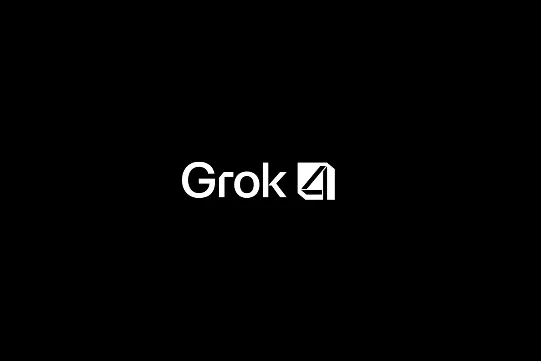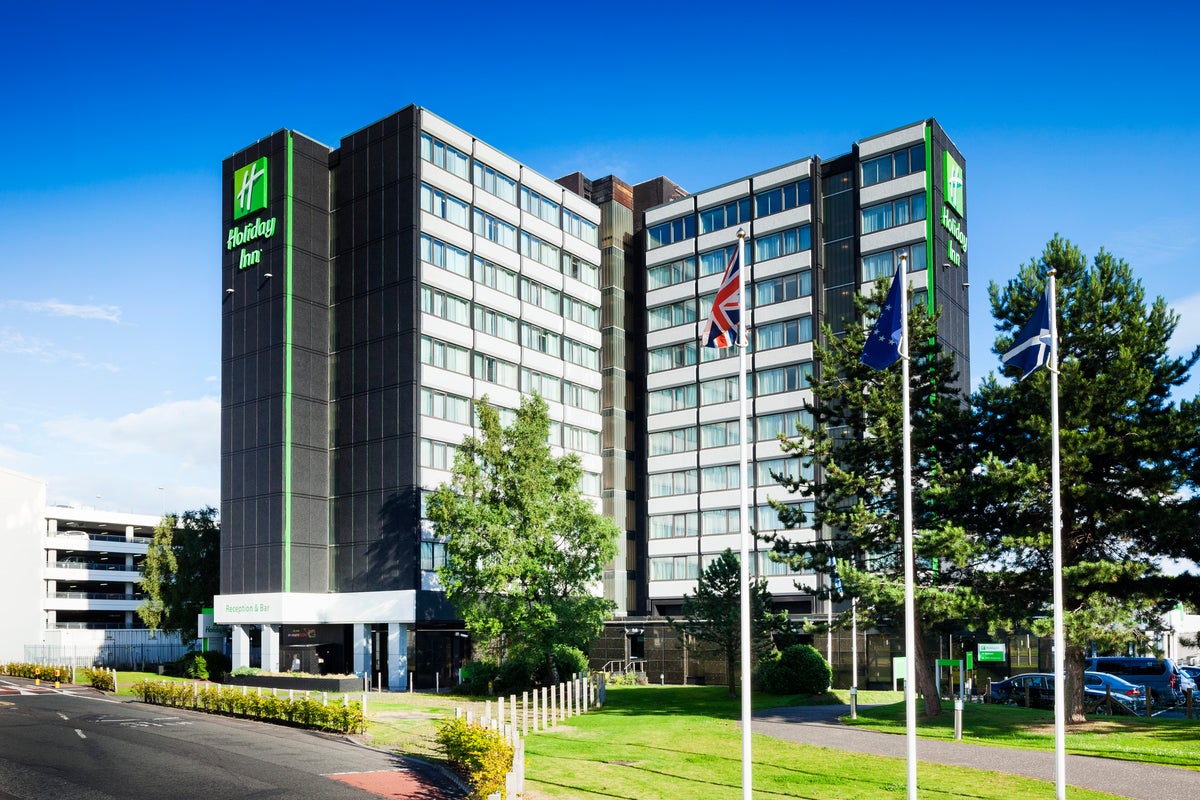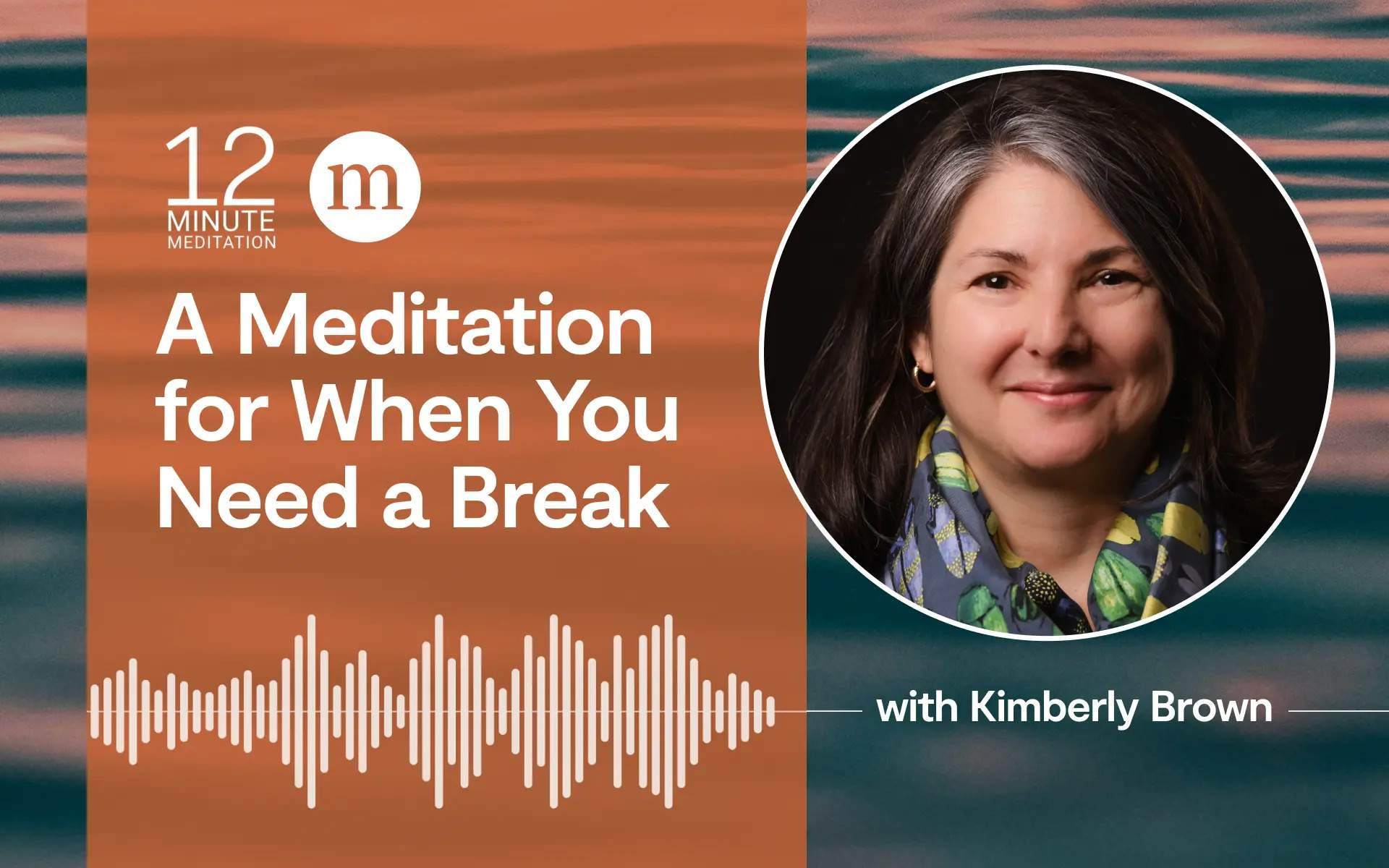Why You Should Participate in ‘No Mow May’
For those withuu traditional grass lawns, now is typically the time of year when they’re getting it back in shape after a cold winter and wet spring. But what if we told you that for the month of May,...
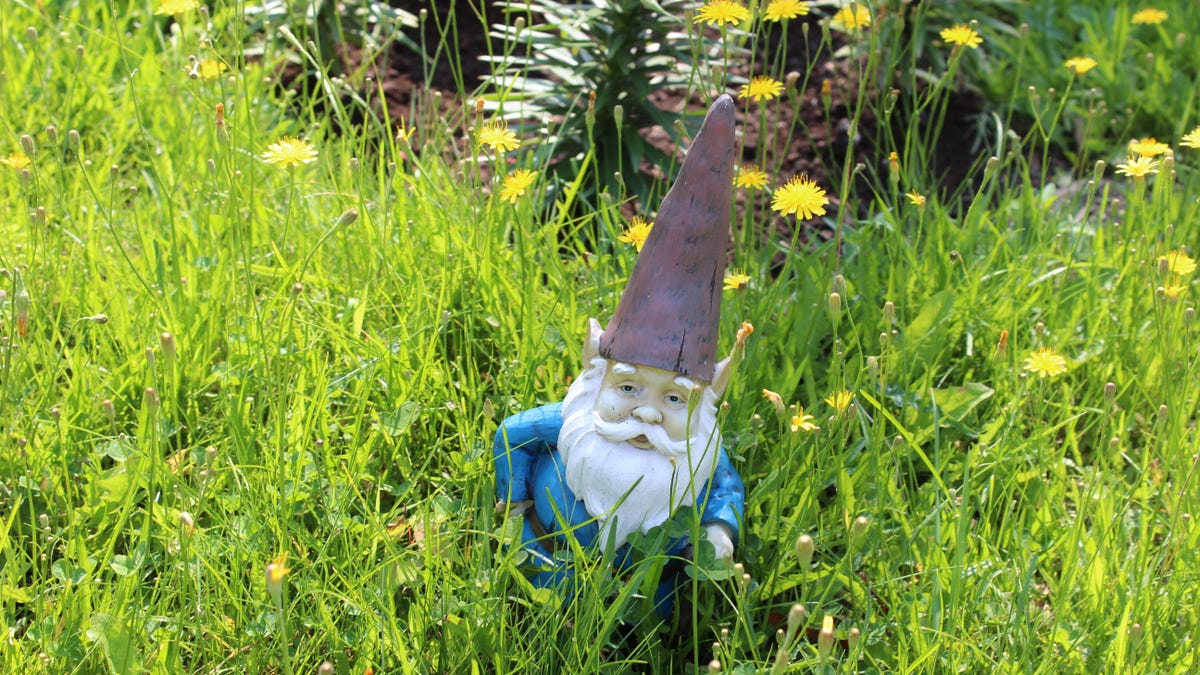

Photo: I.P. Visual Solutions (Shutterstock)
For those withuu traditional grass lawns, now is typically the time of year when they’re getting it back in shape after a cold winter and wet spring. But what if we told you that for the month of May, could you just sit back and enjoy another month without mowing?
If this sounds appealing, you should know about “No Mow May,” which isn’t just convenient, but also helps your local pollinators, like bees and other insects. Here’s what to know.
What is ‘No Mow May’?
No Mow May is exactly what it sounds like: Opting not to mow your lawn during the month of May. It’s similar in concept to “No Shave November” (aka “Movember”) when people stop shaving their upper lip and grow a mustache instead. In this scenario, your front lawn is your home’s mustache.
No Mow May was started by a United Kingdom-based conservation organization called Plantlife, and then spread throughout North America. In the U.S., a group called Bee City USA spearheads the movement.
Why participate in No Mow May?
The aim of No Mow May is to give your local pollinators—like bees, wasps, and other insects—the chance to do their job. Because while a perfectly manicured, uniform-looking green grass lawn is the standard in America, the practice isn’t only time consuming and expensive: It’s harmful to the environment and local ecosystem.
G/O Media may get a commission
Here’s how Bee City USA explains it:
The traditional monoculture lawn lacks floral resources or nesting sites for bees and is often treated with large amounts of pesticides that harm bees and other invertebrates. When we think of habitat loss, we tend to imagine bulldozers and rutted dirt, but acres of manicured lawn are as much a loss of habitat as any development site.
Lawns take up approximately 40 million acres—or 2% of the land— in the United States, making them the single largest irrigated crop grown.
How to participate in No Mow May
There’s nothing official you need to do to participate in No Mow May, because it’s really more about what you’re not doing (i.e. mowing). But if you’d like a sign to put in your yard to spread awareness of No Mow May (or answer nosy neighbors’ questions about your lawn), Bee City USA has signs you can download for free, print, and post.

 Troov
Troov 












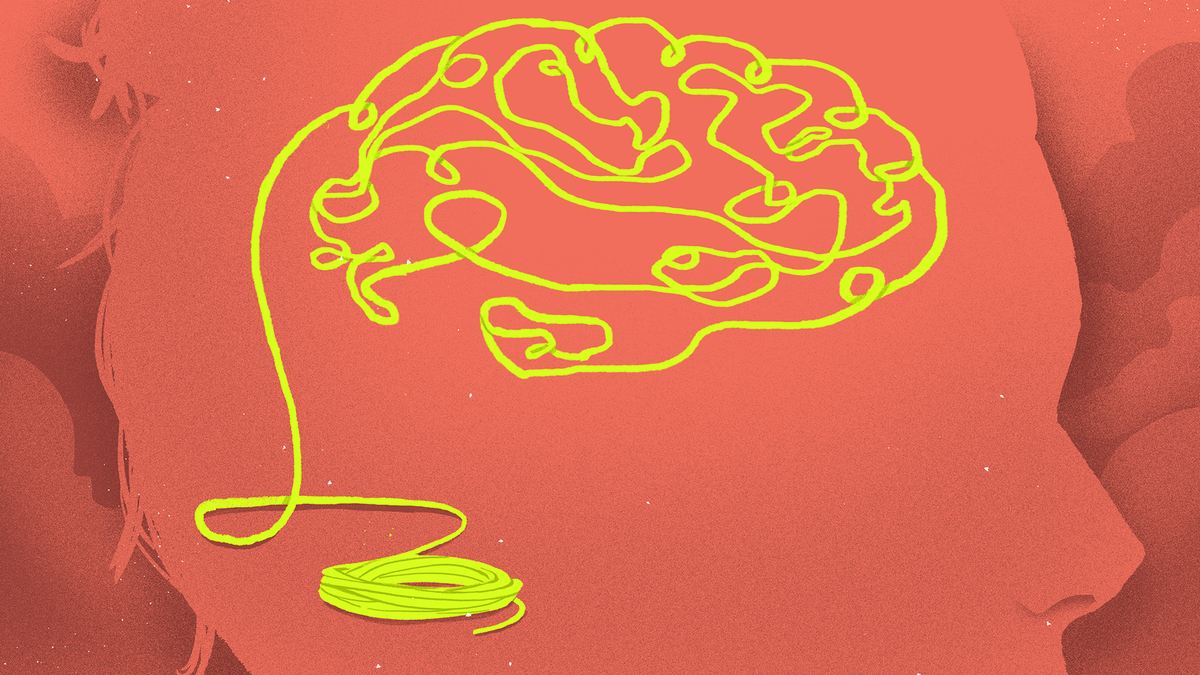








![Run An Ecommerce SEO Audit in 4 Stages [+ Free Workbook]](https://api.backlinko.com/app/uploads/2025/06/ecommerce-seo-audit-featured-image.png)

